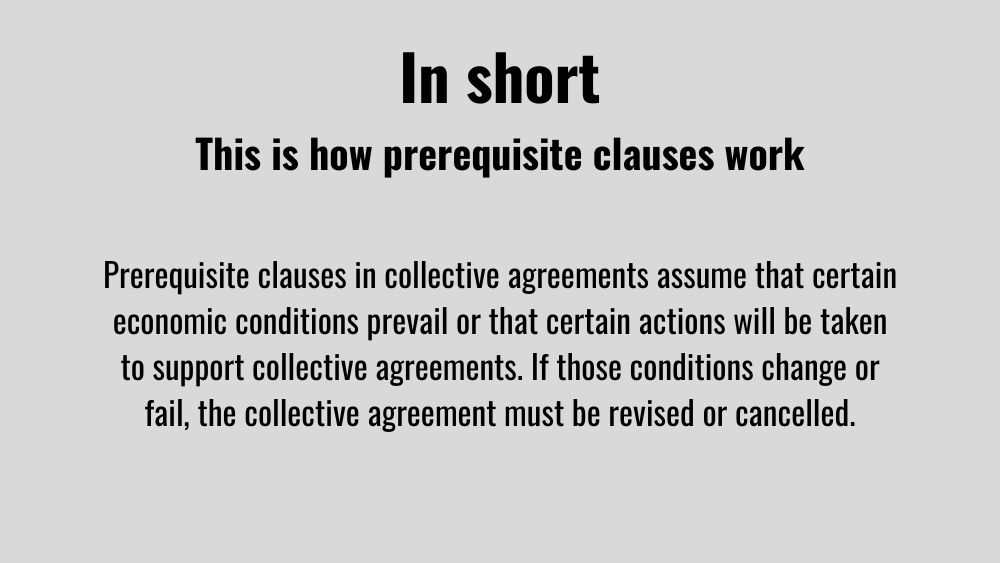
The Union Alliance, a broad coalition of the largest unions and national associations within ASÍ yesterday declared its negotiations with the Confederation of employers (SA) on a new collective agreement ineffective. What parties can’t agree upon are the so-called prerequisite clauses in the agreement on the development of inflation and interest rates. SA have rejected that the agreement should contain acceptable prerequisite clauses for the protection of workers.
But what exactly are these prerequisite clauses that SA does not want?
Prerequisite clauses are a term used in collective bargaining. This means that certain conditions are set when a collective agreement is concluded, and if they are not met, it is necessary to respond by changing the agreement, or even by terminating the agreement.
These conditions can be of various kinds, for example that inflation should decrease during the contract period. Other criteria could be, for example, that the purchasing power of wages increases or at least remains the same, that the government takes measures that it has promised in connection with collective agreements, or even that the exchange rate of the króna strengthens.
If the conditions are broken, for example if inflation does not decrease or not enough in a certain period, the conditions of the collective agreement are broken. If that happens, the prerequisite clauses will be activated and the contract will change. It is possible that a provision will be implemented that wages will increase more than would otherwise have happened. In the worst-case scenario, the contract is terminated.
In this light, it is very important that the prerequisite clauses in the collective agreements are clear and there is no need to argue about whether a goal has been achieved or whether the prerequisites hold. Therefore, the Union Alliance now wants to include in the collective agreement a prerequisite clause where targets are exact and have time limits. Examples of Union Alliance demands are for example that inflation has to have decreased by a certain percentage at a certain point in time and that interest rates have to have decreased by a certain percentage at a specified point in time.
Clear prerequisite clauses important for both parties
Precondition clauses have been built into all collective agreements over the past decades. They have been varyingly clear, and sometimes unclear wording regarding prerequisite clauses has created disputes between parties as to whether the provisions of the collective agreements have been complied with or not.
In the collective agreements between VR and SA in 2000, a prerequisite clause was set to the effect that inflation should decrease. The parties were to assess annually whether those conditions had been met, and if not, the wage clause of the contract was terminable. No numerical targets were included in the agreement.
In the collective bargaining agreement between ASÍ and SA in 2004, precondition clauses included, among other things, that the price level would develop in line with the Central Bank’s inflation target. If the contracting parties believed that the prerequisites had been broken, the case could be referred to a special prerequisites committee, which would then have to reach an agreement on whether this was the case. Obviously, such a methodology does not rely on clarity.
In the 2008 and 2011 ASÍ member unions’ collective agreements with SA, the conditions were clearer, numerical and time limited to a greater extent. In the living wage agreement (Lífskjarasamningur) concluded in 2019, the clarity was not as great, which, among other things, caused disputes about whether the provisions of the wage agreement had been broken or not. Then it was SA who believed that the conditions were broken, in the year 2020.
It is therefore clear that there important, for both parties, that the collective agreement contains clear prerequisite clauses, with clear numerical and timed goals, and clear responses if the prerequisites fail.